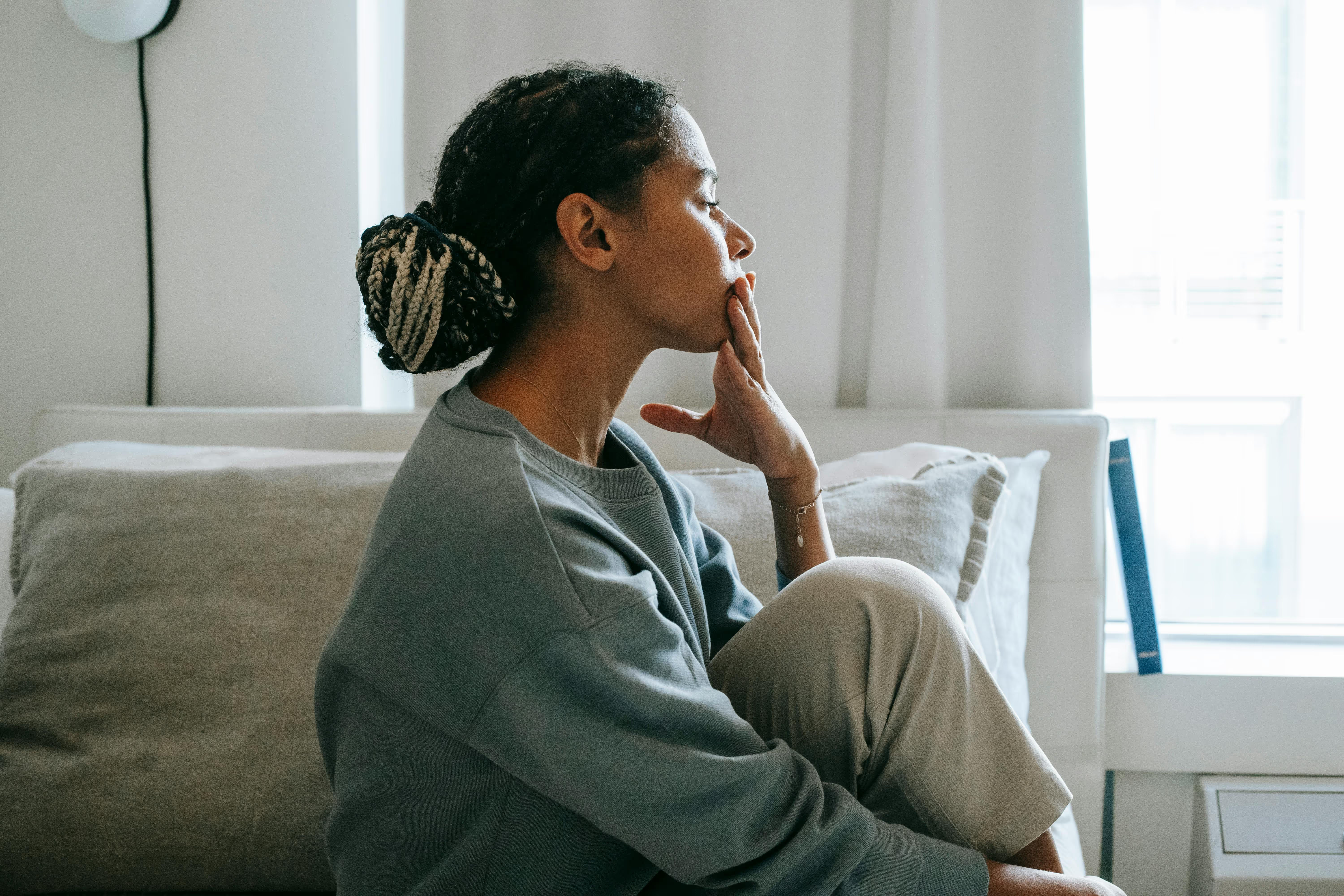Many people struggle with waking up feeling tired, even after a full night of sleep. It's frustrating to feel exhausted despite getting what you believe is a sufficient amount of rest.
So, what’s going on? Understanding the potential reasons behind this persistent fatigue can help you make adjustments to your sleep habits and improve your overall health.
1. Sleep Quality vs. Sleep Quantity
It’s not just about how long you sleep, but how well you sleep. The quality of your sleep is just as important as the amount. Even if you're spending eight hours in bed, if you're not reaching the deeper stages of restorative sleep, you might not feel rested.
Why this matters: During sleep, your body cycles through different stages, including light sleep, deep sleep and REM sleep. Deep sleep is essential for physical restoration, while REM sleep is crucial for mental and emotional recovery. If you're waking up tired, it could indicate you're spending less time in these restorative stages.
2. Sleep Disorders
Several sleep disorders can impact your ability to sleep deeply, including sleep apnea, restless leg syndrome or insomnia. With sleep apnea, for instance, you may stop breathing several times during the night, interrupting your deep sleep stages without even realizing it.
Signs to watch for:
- Snoring or gasping for air during sleep
- Tossing and turning frequently
- Waking up with a dry mouth or sore throat
- Feeling tired throughout the day, even after a full night of sleep
If you suspect a sleep disorder, it’s important to consult a healthcare provider who may recommend a sleep study or other diagnostic tests.
3. Poor Sleep Environment
Your bedroom environment plays a significant role in the quality of your sleep. Factors like room temperature, noise levels and light exposure can affect how well you sleep.
How to optimize your sleep environment:
- Temperature: Keep your room cool, ideally between 60-67°F (15-19°C), to promote better sleep.
- Noise: Consider using earplugs or a white noise machine to block out disturbing sounds.
- Light: Darkness signals your body that it’s time to sleep, so try using blackout curtains and avoiding screens before bed.
A comfortable sleep environment can drastically improve the quality of your rest.
4. Caffeine and Alcohol
Both caffeine and alcohol can interfere with your sleep cycle. While caffeine may keep you awake, alcohol can disrupt the deeper stages of sleep. Even if you don’t feel it, drinking alcohol close to bedtime can prevent you from getting enough restorative sleep, leaving you feeling groggy and tired the next morning.
Limit caffeine intake to the early afternoon to avoid disrupting your ability to fall asleep.
If you drink alcohol, try to limit consumption in the evening or avoid it altogether if you're struggling with sleep quality.
5. Stress and Anxiety
High stress levels and anxiety can also contribute to poor sleep. When your mind is racing with worries, it can be difficult to unwind and enter a restful sleep cycle. Stress hormones, like cortisol, are released when you’re anxious, which can keep you in a heightened state of alertness, preventing deep sleep.
Engage in relaxation techniques before bed, such as deep breathing, meditation or progressive muscle relaxation. Creating a wind-down routine can signal to your body that it’s time to relax and prepare for sleep.
The Bottom Line
Waking up tired after a full night’s sleep is often a result of poor sleep quality rather than insufficient sleep. By addressing potential issues like sleep disorders, creating a more conducive sleep environment, managing stress and watching your diet, you can break the cycle of fatigue and start waking up refreshed. Understanding the root cause of your tiredness is the first step toward better rest and improved overall health.
Sources:
Sleep Apnea and Fatigue: American Sleep Apnea Association
Sleep Doctor: Sleep Quality vs. Sleep Quantity
Parsley Health: Why Do I Wake Up Tired After 8 Hours of Sleep?








